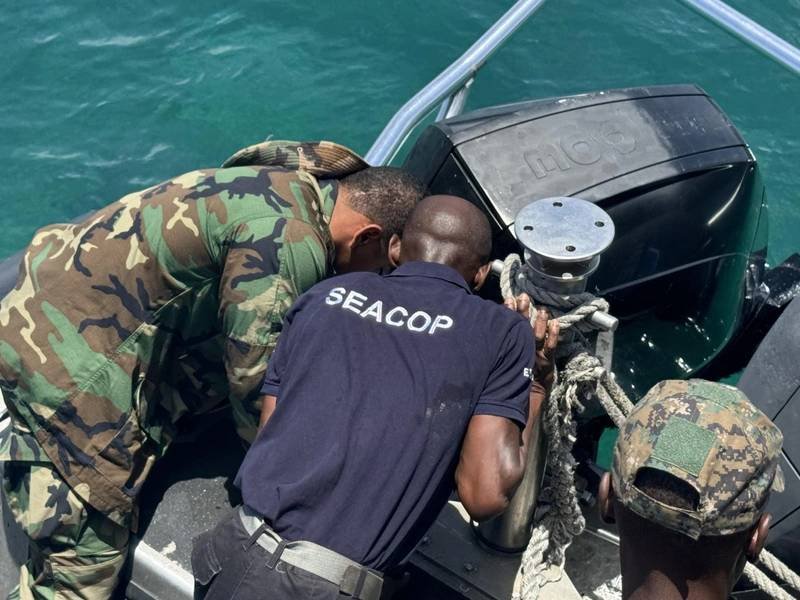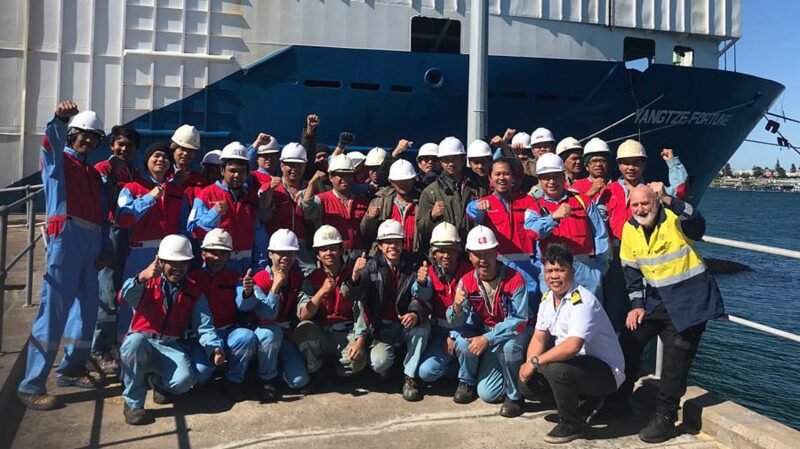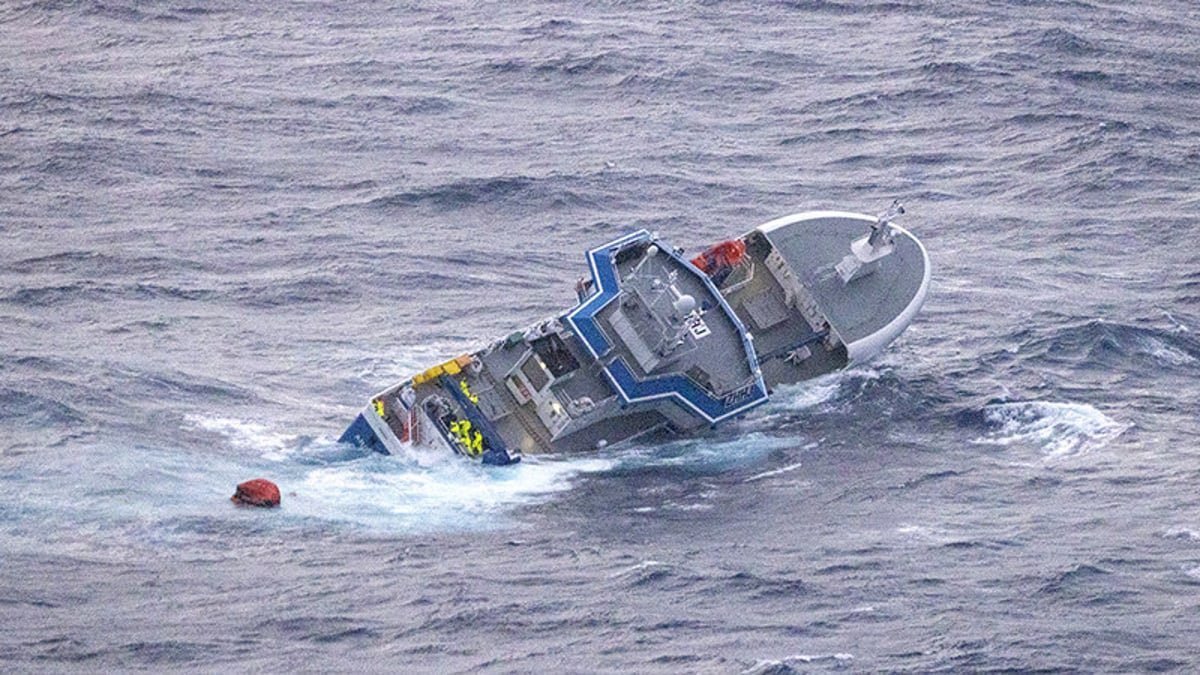Latin America is undergoing a significant transformation in its maritime shipping sector, with various countries vying to establish themselves as prominent port hubs. The Shipping Connectivity and Port Connectivity Indexes are key indicators of this evolution, showcasing how nations in the region are adapting to the requirements of maritime trade in pursuit of sustained success.
Panama stands out in shipping connectivity, leveraging its strategic location and the Panama Canal. Despite experiencing a decline in its connectivity index between 2018 and 2021, Panama has successfully bounced back, demonstrating a rebound in its index by 2023. On the other hand, Brazil has consistently improved its shipping connectivity since 2018, surpassing Colombia due to the latter’s decline starting in 2022. Mexico, despite a brief uptick, faced a downturn post-2022, positioning Brazil to reach Mexico’s level of shipping connectivity. Chile is also enhancing its shipping connectivity, overtaking Colombia, while Uruguay has seen a decline since 2014, with a significant drop starting in 2021.
In terms of the Port Connectivity Index, there is a competitive landscape among Latin American countries, with a focus on port infrastructure investments. Mexico, despite a decrease in shipping connectivity, shows promise for recovery through its port infrastructure developments, surpassing Colombia in port connectivity since 2021. Chile and Brazil are displaying positive trends in port connectivity, with Brazil expected to surpass Colombia and potentially match Mexico’s levels soon. Uruguay and Argentina, however, are encountering challenges, with Uruguay experiencing a downward trend and Argentina showing potential for growth.
The future of Latin America’s maritime sector hinges on continued investments in both port and shipping infrastructure. Brazil, Chile, and Mexico are well-positioned for growth, while Panama’s success relies on enhancing its port connectivity. Strategic interventions are necessary for countries like Colombia and Uruguay to maintain their positions amidst evolving maritime trade dynamics.
Share it now









